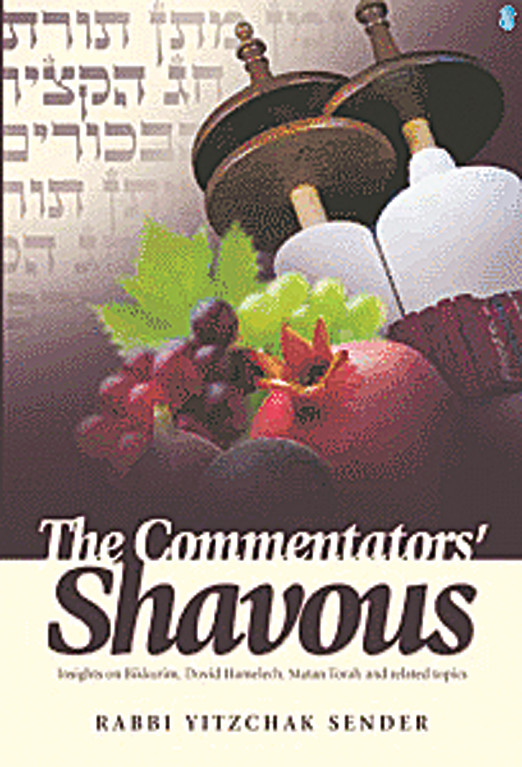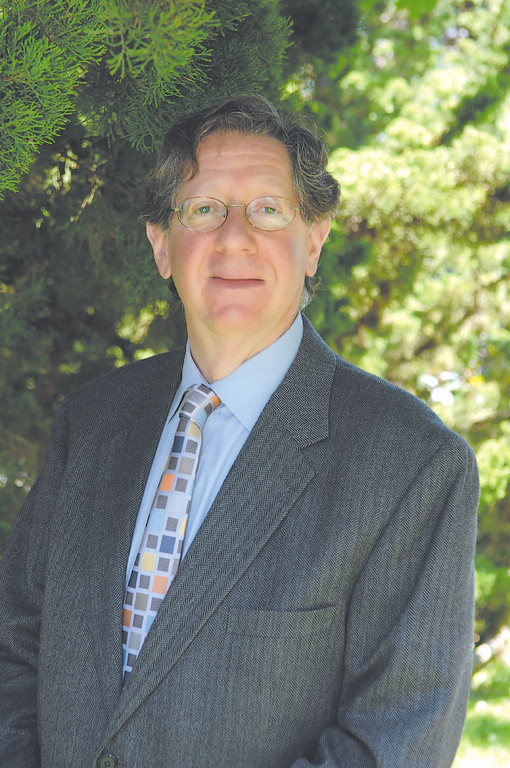The Kosher Bookworm Shavuot 5773 literary picks
With the counting of Sefirah just about to end, the festival of Shavuot commemorating the giving of the Ten Commandments at Mount Sinai can not be too far behind. In fact the observance of this briefest of holidays is the exact culmination of the Sefirah count and the climax of the historic link between Pesach, the Exodus, and Shavuot and the giving of the Torah.
With the recent publication of volume two of his thoughts on the weekly Torah portions, “Angel for Shabbat” [jewishideas.org], Rabbi Marc Angel presents a very unique Dvar Torah for Shavuot, entitled “A New Revelation?” In this essay, he asks us to imagine G-d inviting us to a second Revelation at Sinai. What is so unique about this is the description of all the Jews who are invited to attend. Consider the cast that he lists below:
1.“The Hareidim would say: We cannot be in the same domain as the non-religious or less religious Jews. We are pure, and we will not have contact with those of lesser purity.
2.“The Secularists would say: We cannot attend because we do not want to be bound by any commandments. We are citizens of the world and don’t want the particular responsibilities of being Jewish.
3.“The non-Orthodox would say: We can’t attend unless the event is egalitarian; and unless there is no expectation that we accept any commandments. We are open to suggestions, but not to commandments.
4.“The Modern Orthodox would insist that the Revelation also include divine words relating to science, philosophy, and the modern world.
5.“Hasidim would demand that they be placed near their own rebbes, and not anywhere else.
6.“Each Sephardic and Ashkenazic ethnic group would insist on having its own chazzan, its own minhag, its own pronunciation of Hebrew.
7.“Unaffiliated Jews would turn up out of curiosity; the Kabbalah Center would set up booths on the outskirts selling books and red strings.
8.“Alienated and ignorant Jews would complain: This event is boring; we need a rock band or other entertainment to make it attractive.”
What makes this listing sound so true? Where would you identify yourself among these theological or ethnic identifications?
Does Klal Yisrael of today truly reflect these identities or are we but pale parodies of these sad images?
Truth be told, we smile at Rabbi Angel’s characterizations because we realize within ourselves that they each generate a sad image reflecting a truth we all wish were not true…an opposite to Achdut Yisrael.
Rabbi Angel concludes this essay with the following admonition:
“Shavuot is the festival on which we recall the revelation at Mt. Sinai. It is also a good time to plan for a hypothetical second gathering of Israelites at Sinai – and to think carefully how we can envision such an event as an opportunity to bring all of us together.
“For the Jewish people to find its spiritual balance, we will need to work on personal spiritual development and purity; and also on strategies that are grand enough to allow all of us to stand together in the presence of G-d.”
With this in mind, let us now read and learn together the teachings of Rav Yitchak Hutner, zt”l, [Pachad Yitzchak] as interpreted by Rabbi Yitzchak Sender, shlita, in his sefer, “The Commentators’ Shavuos” wherein he teaches us the following:
“He [Rav Hutner] explains to us that the obligation to remember “ma’amaad Har Sinai” and the obligation to remember the details of one’s Torah learning are very much interconnected, for both spring from a realization of the importance of Torah. Whatever is imperative to us will not be forgotten but will always remain fresh in our minds. A person only forgets something that is not vitally important to him.”
Further on, Rabbi Sender gives us his teaching based upon Rav Hutner’s linking this concept to the attack by Amalek just before the Revelation.
Says Rabbi Sender: “This concept is reflected in our commemoration of Amalek’s attack after the Exodus. What was it that made this attack against us eternally unforgivable? One explanation is that Amalek sought to belittle our commitment to G-d and to His mitzvos, aiming to make us lose our enthusiasm for Torah and forget the Almighty. Therefore Amalek’s attack was considered to be an unforgivable assault on the Jewish people, and we are thereby commanded never to forget it; instead, we constantly remind ourselves of Amalek’s nefarious aim, and renew our enthusiastic commitment to Torah. And in this vein, by remembering Sinai, we proclaim the significance of the Torah as being especially important to our lives.”
Two related teachings by Rabbi Michael Hattin of the Pardes Institute as found on the Yeshivat Har Etzion website [vbm.com], should be consulted with the above teachings by Rav Hutner and Rabbi Sender.
Entitled, “Amalek’s Attack and Yitro’s Trek” and “The Trial at Sinai,” Rabbi Hattin goes to great lengths, demonstrating his view of the theological depth of meaning of Amalek’s role in the events between the Exodus and the Revelation and how this even relates to Yitro’s involvement at this particular juncture in our history. For a truly spiritually rewarding Shavuot holiday, Rabbi Hattin’s teachings on this warrants your attention.
With all this said, review Rabbi Angel’s near comedic observations as to what passes for the Klal today; consider the sad news that has dominated the domestic Jewish scene of late and take consolation in the message that Shavuot brings to us. If only those who so claim to be our spiritual guides had done so themselves, we would have been the better served by their now flawed ways. Shavuot is that hope and promise of better days to come.

 61.0°,
Mostly Cloudy
61.0°,
Mostly Cloudy 







